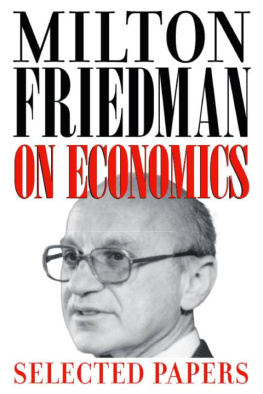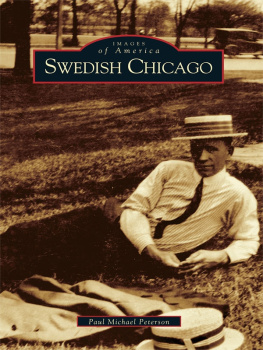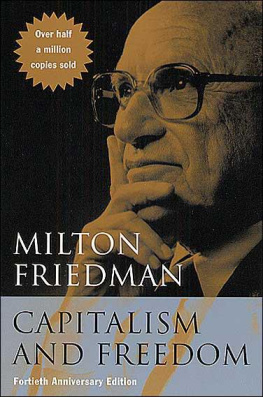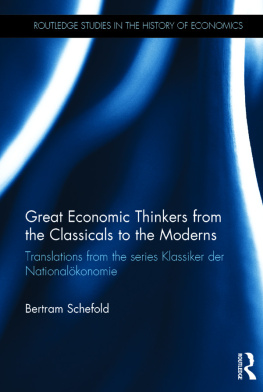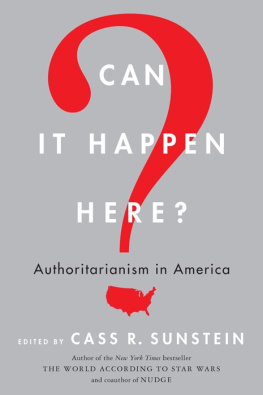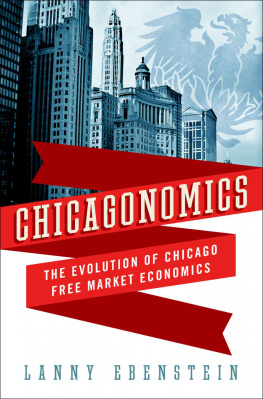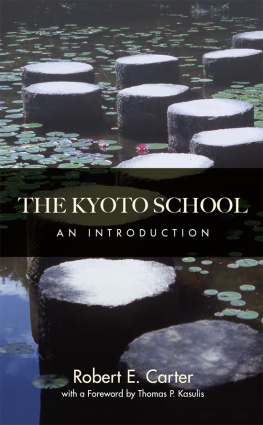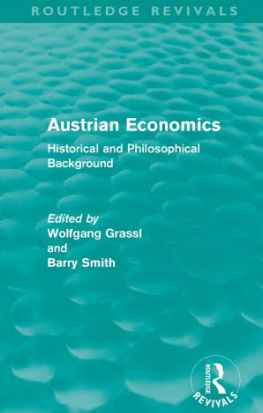

Copyright 2007 Johan Van Overtveldt.
All rights reserved. No part of this book may be reproduced or transmitted in any form or by any means, electronic or mechanical, including photocopying, recording, or by any information storage and retrieval system, without express written permission from the publisher.
The Chicago School E-book ISBN: 978-1-57284-649-4
The Library of Congress has cataloged the print edition as follows:
Library of Congress Cataloging-in-Publication Data
Overtveldt, Johan van.
The Chicago School: how the University of Chicago assembled the thinkers who revolutionized economics and business / by Johan Van Overtveldt.
p. cm.
Summary: In-depth history of the Chicago School of Economics, from its beginnings at the University of Chicago to its global impact on business and economics--Provided by publisher.
Includes bibliographical references and index.
1. Chicago school of economicsHistory. I. Title.
HB98.3.O87 2007
330.1553dc22
2005037373
10 9 8 7 6 5 4 3 2 1
B2 Books is an imprint of Agate Publishing.
Agate books are available in bulk at discount prices.
For more information, go to agatepublishing.com.
Table of Contents
IF ADAM SMITH IS THE FATHER OF THAT DISMAL SCIENCE CALLED economics, then Chicago is arguably its capital. It is clearly an understatement to say that economists working at the University of Chicago played an important role in the development of economics as a science during the 20th century, as indicated by the dominance of University of Chicago economists among the laureates of the Nobel Prize in economics, the Francis A. Walker Medal, and the John Bates Clark Medal.
Judging by the way the University of Chicago has dominated the Nobel Prize in economics, one must conclude that Chicago is both a Mecca and a Rome for economic science. The Nobel Prize-winning track record of the University of Chicago is impressive. From 1969, when the prize was first awarded, to 2004, 57 economists have received the honor (in several years, the prize was shared by two or three people). Of those 58 laureates, nine were primarily associated with the University of Chicago: Milton Friedman, Theodore W. Schultz, George Stigler, Merton Miller, Ronald Coase, Gary Becker, Robert Fogel, Robert Lucas Jr., and James Heckman. By this count, Chicago has pocketed more than double the amount of wins of the numbers two and three schools, Harvard University and the University of California at Berkeley. But Chicagos dominance of the Nobel Prize goes further than those 9 out of 57 laureates suggest.
A number of other winners who were not directly affiliated with the University of Chicago were in Chicago when doing their Nobel-winning work. Myron Scholes and Robert Mundell (laureates in 1997 and 1999, respectively) should also be considered Chicago wins. Friedrich Hayek and Tjalling Koopmans, laureates in 1974 and 1975, respectively, spent several years in Chicago, during which time some of their most significant work was done.
To complete the list, one must also mention the winners of the Nobel Prize in Economics who spent time at the University of Chicago as a student and/or a researcher: Paul Samuelson, Kenneth Arrow, Herbert Simon, Lawrence Klein, Gerard Debreu, James Buchanan, Trygve Haavelmo, Harry Markowitz, Vernon Smith, Edward Prescott, and Edmund Phelps.
The argument can even be stretched to the past. Swedish economist Assar Lindbeck, who for many years was closely involved in the Nobel selection process, pointed out that several important candidates missed the Nobel Prize because they died shortly after the prize was established; Jacob Viner and Frank Knight, who were among the most prominent economists who ever worked at the University of Chicago, were both singled out by Lindbeck (1985, 52).
The list of Francis A. Walker Medal winners also highlights the importance of Chicago economists. Inaugurated in 1947 by the American Economic Association, this medal was awarded every five years to the living American economist who had made the greatest contribution to the discipline. The award was discontinued in 1981 because of its overlap with the Nobel Prize in economics. In total, seven economists received the Francis A. Walker Award: Wesley Mitchell, John Maurice Clark, Frank Knight, Jacob Viner, Alvin Hansen, Theodore W. Schultz, and Simon Kuznets; most of them had a Chicago connection.
As I hope my analysis will make clear, Knight, Viner, and Schultz are prime examples of Chicago economists. Mitchell was educated at the University of Chicago and stayed for a few years as a member of the faculty. Clark was among the leading economists at the University of Chicago from 1915 to 1926, during which time he wrote two of his most important books.
The John Bates Clark Medal, a biennial prize sponsored by the American Economic Association that is awarded to the most promising economist under the age of 40, also lists many Chicago economists among its winners. In 1951, Paul Samuelson was the first laureate. Including the 2005 winner, 29 economists have received the honor, and five of them are undeniably Chicago economists: Friedman, Becker, Heckman, Kevin Murphy, and Steven Levitt. Several other laureates, such as Kenneth Boulding, Zvi Griliches, Marc Nerlove, Sanford Grossman, and Andrei Shleifer, also have strong links to the University of Chicago.
These observations raise a number of questions. What, if anything, is so special about the University of Chicago? Specifically, what was its role in the development of modern economics? What were the major contributions that give Chicago economists a prominent place in the 20th centurys history of economic thought? What has made economists working at the University of Chicago so successful in their research work and academic achievements? Was this triumphant century just an incredibly long-lasting coincidence, or is there more to it? Are the scientific merits of Chicago economists real, or are they forced on the rest of the profession by, say, Adam Smiths invisible hand? This book is an attempt to develop some answers to these questions.
LITERATURE ON CHICAGO
Attention for the University of Chicago and its role in the development of modern economics is not new. Economics at the University of Chicago was different from that which was practiced at other centers of economic research in the last decade of the 19th century. It was James L. Laughlin, the first chairman of Chicagos department of political economy, who created this difference. Laughlin adhered rigidly to the orthodox version of classical economics, and he showed very little appreciation for deviations from this orthodoxy. Under Laughlins chairmanship, the economics department of the University of Chicago was isolated as a center of doctrinal orthodoxy and extreme conservatism in matters of policy (Coats 1963, 490).
Despite his considerable shortcomings as a detached academic, Laughlin assembled a diversified faculty that, through the efforts of such scholars as Wesley Mitchell, Leon C. Marshall, John M. Clark, and Jacob Viner, developed into a strong and much less isolated department. Gordon Tullock (1983, iv) concluded: Until the 1930s, one could not refer to a Chicago School of Economics. The Chicago department would have been considered simply an extraordinarily strong part of the mainstream of economics. Despite Tullocks observation, A.W. Coats (Coats 1963, 492) speculated in the beginning of the 1960s that echoes of the past sometimes linger on, and it is conceivable that traces of Chicagos early reputation as a center of economic conservatism have survived until recent times.
Next page

